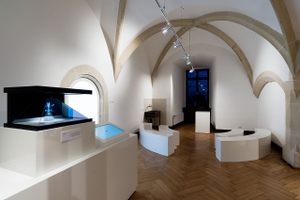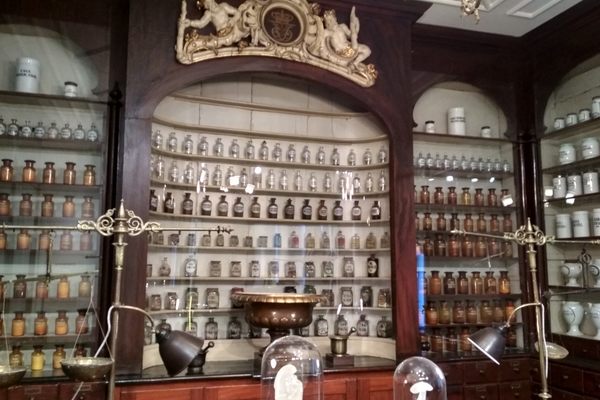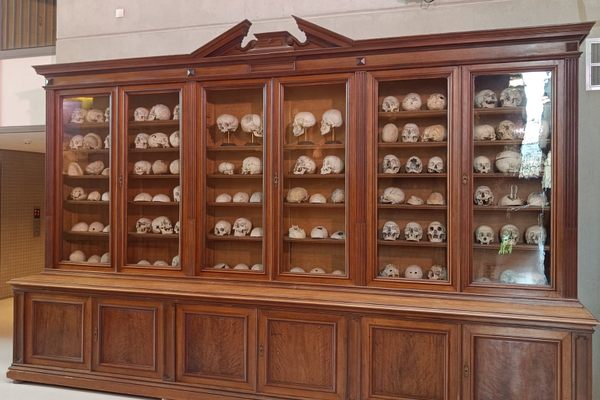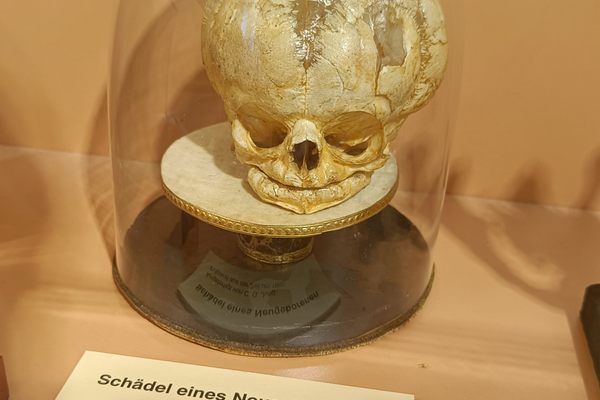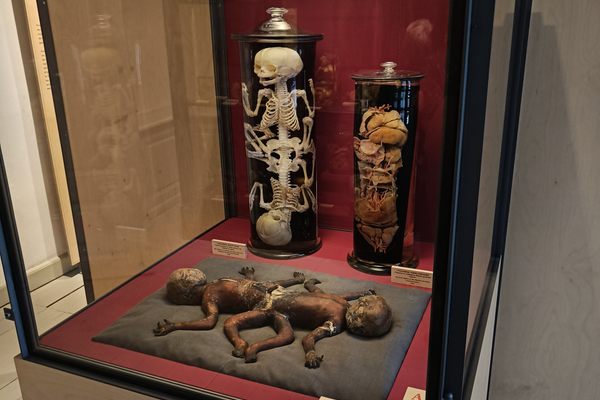About
When, in 1720, a priest visited the deathbed of Anna Müller, he was shocked by her last confession. The 94-year-old woman told him that she was still carrying a child and somebody would need to take it out after her death. Sure enough, the autopsy doctors discovered a mysterious so-called "steinkind," or “stone child,” about as big as a pumpkin, weighing eight pounds.
What they had found was a lithopedion, a rare medical phenomenon in which an unborn fetus is calcified after dying inside the womb but was not being removed. Müller had carried her unborn child for 46 years, about half of her life.
This incredibly rare event happened in Leinzell, a village in the Swabia region of southern Germany, and became internationally famous. Soon the curious "steinkind" went on a long journey as it was studied by medical authorities all over Europe. It was sent from university to university until it ended up in a Stuttgart-based wunderkammer and later became part of the anatomical collection of Tübingen University. Historical medical literature even celebrates the “Lithopaedion Leincellensis“ as the best-preserved and “most beautiful” lithopedion in the world.
The lithopedion was commonly used for medical education as part of the Tübingen University anatomical institute, and is now displayed in the historical anatomical collection there. The collection mostly consists of medical models and preserved body parts dating to different epochs of medical history. There is also a beautiful historical lecture hall accessible to visitors.
Related Tags
Know Before You Go
The historical showcases are located inside the Anatomical Institute (Anatomisches Institut) of Tübingen University next to a beautiful lecture hall. It can be accessed from Monday through Friday from 9 a.m. to 5 p.m.
Community Contributors
Added By
Published
February 14, 2019























